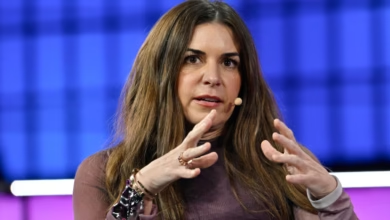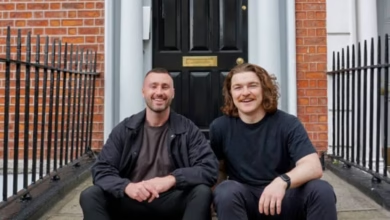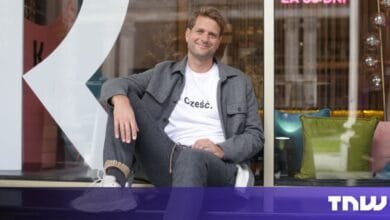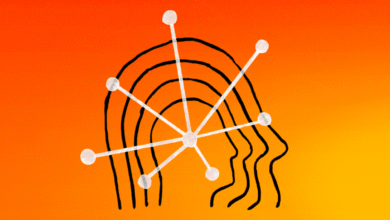Klarna CEO: VIP Customers to Get Human Support
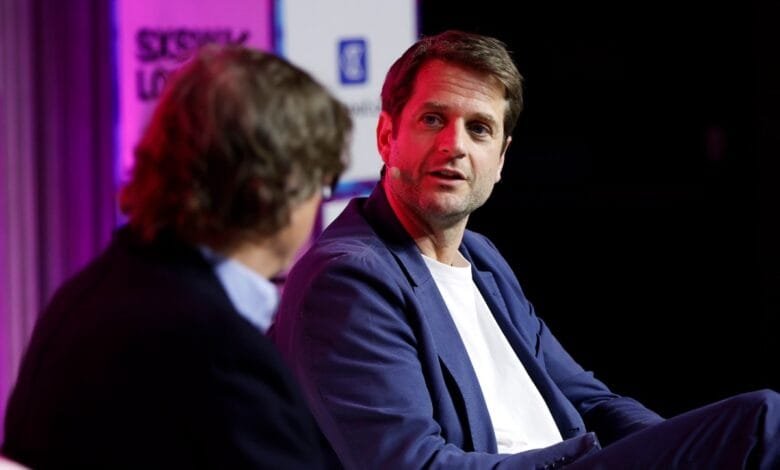
▼ Summary
– Klarna’s CEO stated that AI reduced customer support costs and increased revenue per employee, leading to a workforce drop from 5,500 to 3,000 employees.
– The company plans to reinvest saved salary costs into employee compensation while maintaining human customer service as a premium offering.
– Engineering roles at Klarna have shrunk less than other departments, but business-savvy employees who can code and use AI are becoming more valuable.
– AI is accelerating scams in high-trust societies, and Klarna consolidated its data by dropping 1,200 software services to better integrate AI.
– The CEO hinted at a potential IPO soon and expressed a personal wish for the U.K. to rejoin the EU, which received applause.
Klarna’s CEO reveals plans to offer premium human customer support alongside AI automation, marking a strategic shift in how the company balances technology and personal service. Speaking at London’s SXSW, Sebastian Siemiatkowski shared insights into the fintech firm’s evolving workforce strategy, emphasizing that AI and human talent can coexist to enhance customer experiences.
The CEO acknowledged Klarna’s successful AI implementation, which reduced operational costs by handling tasks equivalent to 700 employees. Workforce numbers dropped from 5,500 to approximately 3,000 over two years, with savings reinvested into employee compensation packages. However, Siemiatkowski stressed that human interaction remains a premium service, comparing it to handcrafted luxury goods versus mass-produced items. “We see human customer service becoming a VIP offering,” he explained, outlining plans to maintain personal connections for select clients while automating routine processes.
Engineering roles currently remain more stable than other departments, though Siemiatkowski predicts this could change. He noted a growing trend of business professionals acquiring coding skills, suggesting these hybrid skill sets will become increasingly valuable. The CEO personally uses ChatGPT as a learning tool, applying it to analyze company data and participate in technical discussions that previously required specialist knowledge.
Addressing broader industry challenges, Siemiatkowski highlighted how AI accelerates both innovation and risks, particularly in financial fraud. He referenced Sweden’s high-trust culture and Singapore’s vulnerability to scams as examples of societies needing enhanced digital safeguards.
Klarna’s internal systems overhaul also came under discussion, with the company abandoning 1,200 software services including Salesforce and Workday. This consolidation aims to streamline data integration for AI applications, eliminating the need to search across multiple platforms for client information.
When questioned about Klarna’s anticipated IPO, the CEO remained cautiously optimistic, citing improved market conditions. The event concluded with lighthearted banter about European politics, as Siemiatkowski jokingly proposed reuniting the UK with the EU—a remark met with enthusiastic audience approval.
(Source: TechCrunch)
